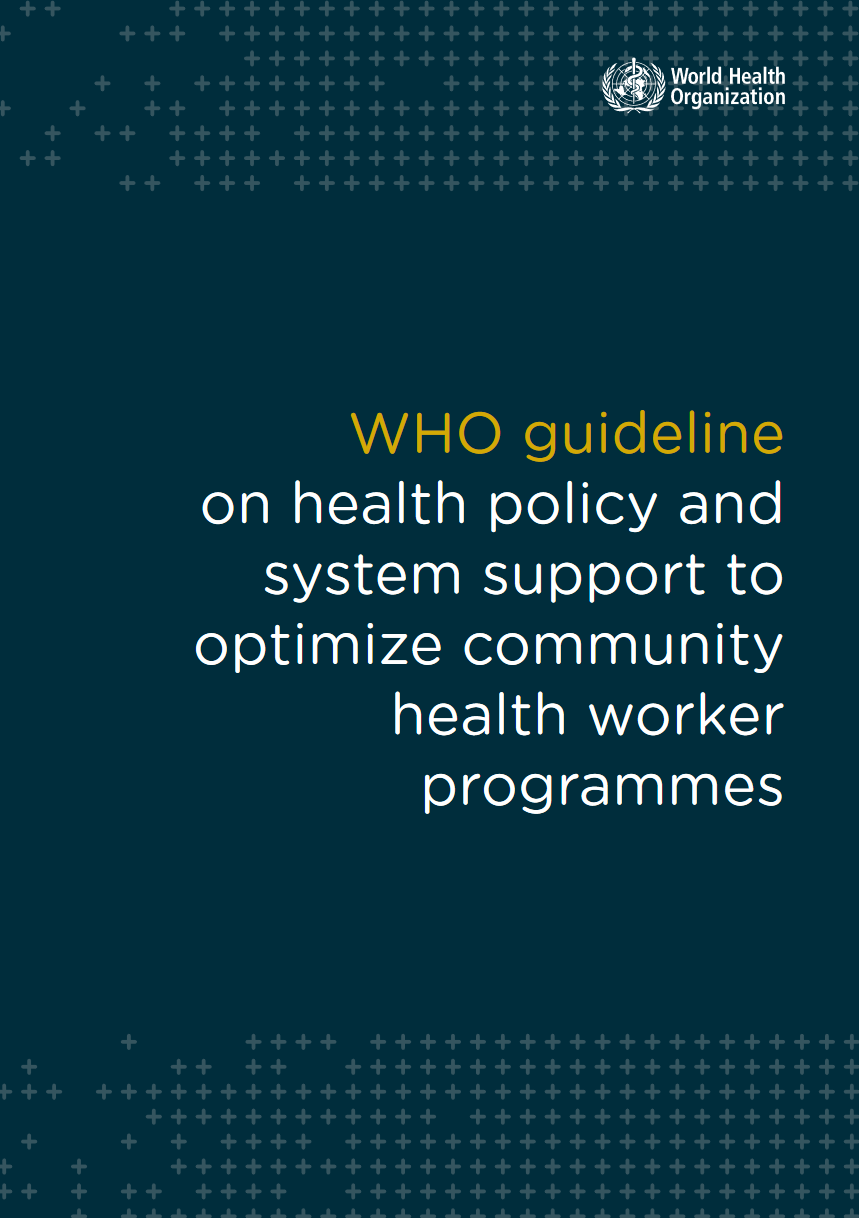World Health Organization, Food and Agriculture Organization of the United Nations
What are healthy diets? Joint statement by the Food and Agriculture Organization of the United Nations and the World Health Organization
Publication
31 Oct 2024
12 Sep 2018

Addressing health workforce shortage, maldistribution and performance challenges is essential for progress towards all health-related goals, including universal health coverage. Further, the health sector has the potential to be a driver of economic growth through the creation of qualified employment opportunities, in particular for women.
Effective health workforce strategies include the education and deployment of a diverse and sustainable skills mix, harnessing in some contexts the potential of community health workers (CHWs) operating in interprofessional primary care teams.
However, the support for CHWs and their integration into health systems and communities are uneven across and within countries; good-practice examples are not necessarily replicated and policy options for which there is greater evidence of effectiveness are not uniformly adopted. Conversely, successful delivery of services through CHWs requires evidence-based models for education, deployment and management of these health workers.
The starting point for an effective design of CHW programmes is a sound situation analysis of population needs, health system requirements and resource implications. The role of CHWs should be considered in relation to other health workers, in order to integrate CHW programmes into the general health system and into existing community structures in an appropriate manner.